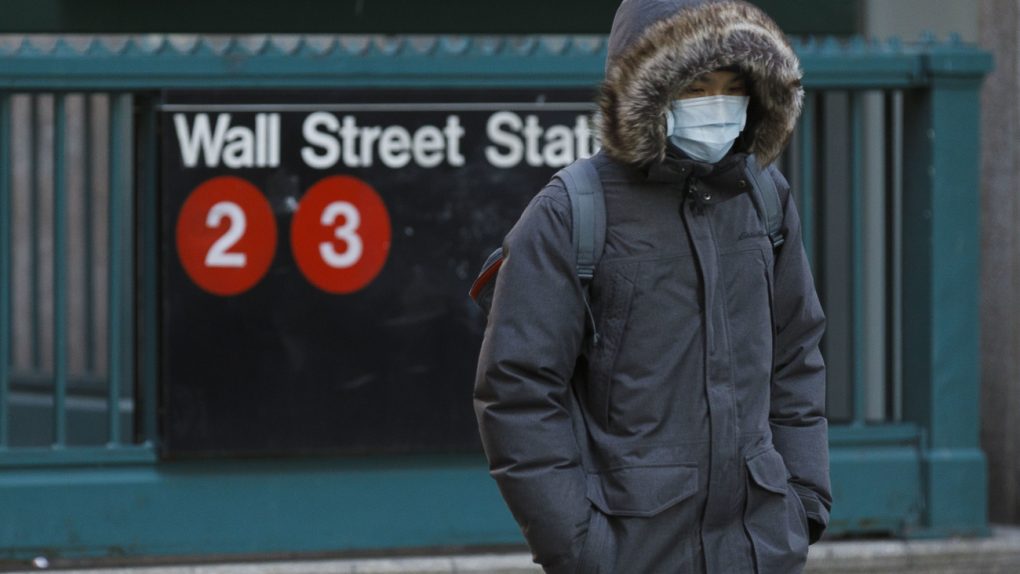- Coronavirus infections are far more serious for individuals with health conditions like diabetes, heart disease, and severe obesity, CDC data shows.
- Some states and communities within the United States have greater numbers of at-risk individuals than others, and great care should be taken to ensure those areas are well prepared as the pandemic continues to spread.
- The pandemic is expected to peak in the United States in the next few weeks, and preparations should be made now, while there’s still time to flatten the curve.
- Visit BGR’s homepage for more stories.
Widespread public health issues that existed long before the novel coronavirus arrived on US shores could mean some states and cities will struggle with the pandemic to a greater extent than others. Updated data released by the Centers for Disease Control and Prevention puts even greater emphasis on the notion that those with existing health conditions are at a greater risk of severe coronavirus complications.
We’ve known from an early stage that individuals who have compromised immune systems or chronic illnesses had stronger reactions to the coronavirus infection than most healthy people. However, because of the size and diversity of the United States, some severe health problems are more prevalent in some states and cities than others, making them potential hotspots for hospitalizations.
As NPR reports, the data shows clear trends between individuals who have conditions like diabetes or cardiovascular disease and more severe complications from COVID-19. Heart disease and age were two of the biggest risk factors that signaled severe reactions in patients in China where the pandemic began, and that seems to be true in the United States as well.
The CDC explains:
Persons in the United States with underlying health conditions appear to be at higher risk for more severe COVID-19, consistent with findings from other countries. Persons with underlying health conditions who have symptoms of COVID-19, including fever, cough, or shortness of breath, should immediately contact their health care provider.
NPR
also points out that there may ultimately be some racial disparity in the number of severe coronavirus infections in the United States. Heart disease, in particular, is a major cause of death for African Americans but is significantly less so for whites and even less for other races. That could mean that severe symptoms of novel coronavirus will disproportionately affect African Americans. At the moment, however, the data is still preliminary and researchers don’t have enough information to draw from to make any broad conclusions.
Additionally, states that rate poorly for overall health — including factors like obesity and smoking — may have a greater load to bear as the pandemic reaches its peak in those locations. With this information in mind, it would seem wise for states and communities with these risk factors to receive greater attention and aid in preparing for the worst of the pandemic, which is yet to come.








